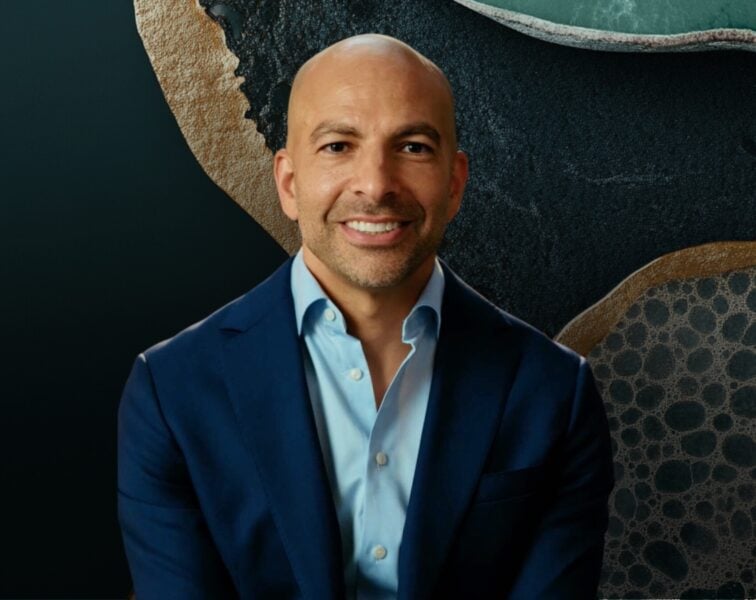In this “Ask Me Anything” (AMA) episode, Peter answers a wide range of questions from subscribers. Bob Kaplan, Peter’s head of research, asks the questions. If you’re not a subscriber and listening on a podcast player, you’ll only be able to hear a preview of the AMA. If you’re a subscriber, you can now listen to this full episode on your private RSS feed. You can also watch (or listen) to this full episode on our website at the AMA #8 show notes page. If you are not a subscriber, you can learn more about the subscriber benefits here.
AMA #8 Sneak Peak:

We discuss:
- Do DNA kits provide actionable info for cancer, CVD, diabetes, Alzheimer’s, nutrition, or exercise? [1:45];
- What genes increase longevity? And do those genes show up on genetic tests like 23andMe? [12:00];
- Who are some people that Peter would like to have as guests on The Drive? [15:00];
- Inflammation: Is CRP a useful marker? What can one do to reduce it? And what other inflammatory markers can I look at to gauge health? [18:30];
- What lipid test does Peter now use on his patients? What are the three best cardiovascular laboratories? [28:00];
- Metformin for longevity: What considerations should one think about before doing taking metformin for longevity purposes? [32:30];
- What is Peter’s take on salt and its role in things like high blood pressure and stomach cancer? [40:00];
- What markers does Peter find most interesting (and surprising) during his quarterly fasts? [47:30]; and
- More.
Get Peter’s expertise in your inbox 100% free.
Sign up to receive An Introductory Guide to Longevity by Peter Attia, weekly longevity-focused articles, and new podcast announcements.
Do DNA kits provide actionable info for cancer, CVD, diabetes, Alzheimer’s, nutrition, or exercise? [1:45]
Let’s go back to the human genome project
- 20 years ago we were on the cusp of decoding the human genome
- We now know we have 20,000-30,000 genes
- But this notion that knowing the genome was going to change everything, it hasn’t panned out
Cancer: Do genetic tests help?
- We would think that the genetic revolution would help and that by knowing your genes you might know your susceptibility to a type of cancer
- However… there’s a difference between germline mutations and somatic mutations
⇒ Germline mutations
- Germline is the genes that you inherit
- So when you do a test like a 23andMe (not withstanding the huge inaccuracies that show up when you do these short kit SNP tests) what you’re doing is looking at the template you inherited (henec, germline)
- There are a subset of cancers where just knowing you inherited a certain gene dramatically increases your risk of that cancer
- BRCA mutation (you risk depends on which variant of it you have, but it approaches 80% with at least one of the variants)
- Lynch Syndrome (if you have the gene, it’s virtually guaranteed you’re going to get cancer)
- So would knowing you have those genes be helpful?
- Yes, however, as a general rule, if you know your parents (i.e., not adopted) you will likely know you have this without the genetic test
- However, patients who are adopted probably benefit from this
⇒ Somatic mutations
- Peter estimates that more than…
{end of show notes preview…}
Would you like access to extensive show notes and references for this podcast (and more)?
Check out this post to see an example of what the substantial show notes look like. Become a member today to get access.



